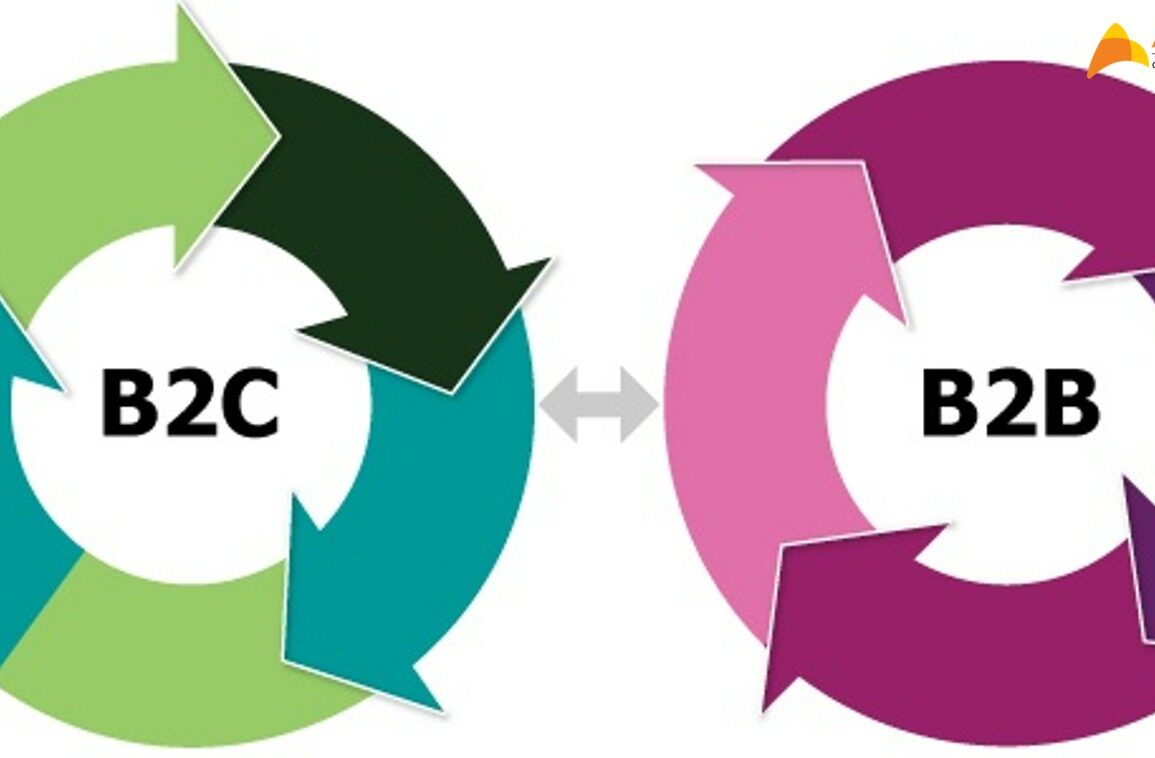Definitions
“Company” refers to THP Shop, registered in England and Wales. 1.2. “Client” refers to the business entity engaging the services of the Company. 1.3. “Services” refers to the services provided by the Company to the Client, as described in the agreement.
Service Provision
The Company shall provide the Services to the Client in accordance with the terms of this agreement. 2.2. The Client agrees to cooperate with the Company and provide any necessary information or materials required for the provision of the Services.
Fees and Payment
The Client shall pay the Company the fees specified for the Services provided. 3.2. Payment shall be made within days of receipt of an invoice, unless otherwise agreed upon in writing.
Term and Termination
This agreement shall commence on the Effective Date and continue until terminated by either party in accordance with the terms herein. 4.2. Either party may terminate this agreement upon written notice to the other party in the event of a material breach of the agreement.
Intellectual Property
Any intellectual property rights arising from the provision of Services shall remain the property of the Company. 5.2. The Client shall not reproduce, distribute, or modify any materials provided by the Company without prior written consent.
Limitation of Liability
The Company shall not be liable for any indirect, incidental, or consequential damages arising out of or in connection with the provision of Services. 6.2. The Company’s total liability for any claim arising under this agreement shall not exceed the total amount paid by the Client for the Services.
Confidentiality
The parties agree to maintain the confidentiality of all information shared during the provision of Services and not to disclose such information to third parties without prior written consent.
Governing Law
This agreement shall be governed by and construed in accordance with the laws of England and Wales.
Entire Agreement
This agreement constitutes the entire agreement between the parties with respect to the provision of Services and supersedes all prior agreements and understandings, whether written or oral.
Amendments
Any amendments to this agreement must be made in writing and signed by both parties.
Signed for and on behalf of [company name]
What are Standard Service Terms and Conditions (B2B)?
Standard Service Terms and Conditions (B2B) are contractual agreements that establish the terms of service between businesses engaged in business-to-business transactions. These terms outline the rights, obligations, and responsibilities of both parties involved in the provision of services.
Why are Standard Service Terms and Conditions important for B2B transactions?
Standard Service Terms and Conditions provide clarity and structure to B2B transactions, helping to manage expectations, mitigate disputes, and ensure that both parties understand their roles and obligations throughout the service engagement.
What should Standard Service Terms and Conditions typically include in B2B agreements?
Standard Service Terms and Conditions for B2B transactions usually cover key aspects such as service descriptions, payment terms, service provision procedures, intellectual property rights, confidentiality, liability limitations, termination conditions, governing law, and dispute resolution mechanisms.
Can Standard Service Terms and Conditions be negotiated in B2B transactions?
Yes, Standard Service Terms and Conditions can be subject to negotiation between businesses to accommodate specific needs, preferences, or circumstances. Negotiation may involve amendments to certain clauses or terms to reflect the mutual agreement of both parties.
Are Standard Service Terms and Conditions legally binding in B2B agreements?
Yes, Standard Service Terms and Conditions become legally binding once both parties agree to them. These terms form the basis of the contractual relationship between businesses and are enforceable under contract law.
What happens if there is a breach of Standard Service Terms and Conditions in B2B agreements?
In the event of a breach of Standard Service Terms and Conditions, the non-breaching party may pursue legal remedies as outlined in the agreement. Remedies may include seeking damages, termination of the contract, or specific performance.
Can businesses use their own customized Standard Service Terms and Conditions in B2B transactions?
Yes, businesses often customize Standard Service Terms and Conditions to align with their specific industry, services offered, and risk management strategies. Customization allows businesses to address unique requirements and preferences while ensuring legal compliance.
Are there any legal requirements or regulations that Standard Service Terms and Conditions must comply with in B2B agreements?
Standard Service Terms and Conditions must comply with relevant laws and regulations governing contracts, such as contract law principles, consumer protection laws (if applicable), data protection regulations, and any industry-specific regulations.
Can businesses terminate Standard Service Terms and Conditions in B2B agreements?
Yes, Standard Service Terms and Conditions typically include provisions outlining the circumstances and procedures for termination by either party. Termination may occur due to breaches of contract, non-performance, or by mutual agreement.
Where can businesses find templates or examples of Standard Service Terms and Conditions for B2B transactions?
Businesses can find templates or examples of Standard Service Terms and Conditions online, through legal resources, or by consulting with legal professionals experienced in contract drafting. It’s important to tailor these templates to suit the specific needs and requirements of each B2B agreement.
- Press Release – New Product Announcement - July 19, 2024
- Blog Advertising Agreement - July 18, 2024
- Free Prize Draw Terms and Conditions - July 17, 2024









